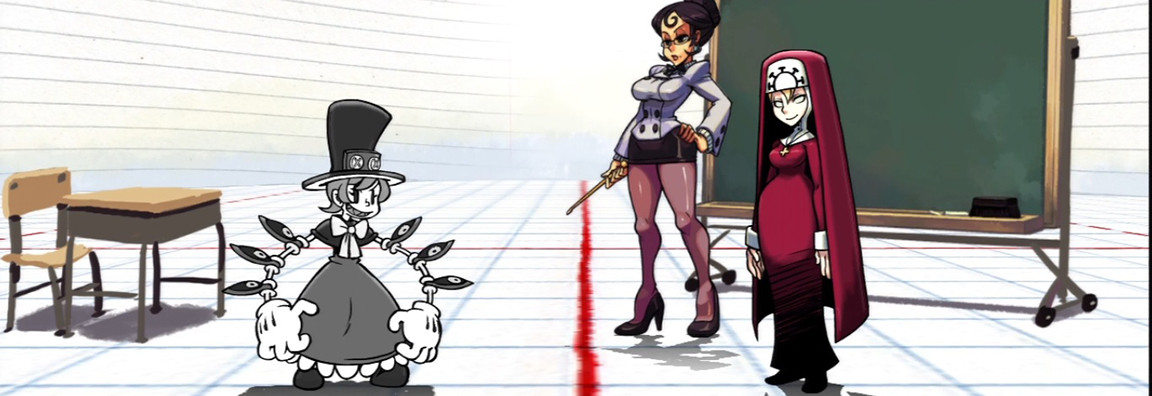The fighting game learning process never actually ends. New characters, balance changes, and techniques require players to constantly evolve alongside of the meta.
Practice is more than just training mode or matches. Players also grow as spectators. Let’s explore how to get better at fighting games without even picking up the controller.
How can you learn through just watching fighting games?
If you take a look at any proficient fighting game player you may or may not notice a lot of nuances in their gameplay throughout the match. Thanks to video you can slow down, rewind, and pause to get a better understanding of why certain players acted or reacted in specific situations.
Learn through pros
Through watching the pros you can learn tactics beyond decision analysis:
- How to manage meter
- Optimal combos for different situations (Max damage, best setup spacing, neutral reset, meter build, etc.)
- What buttons and specials to use where.
- How to set up certain situations. What to do against certain characters.
- And a lot more! What you can learn is only limited by how much you want to learn.
Simply watching tournament streams or your favorite players isn’t always enough. Go into it looking for specifics like certain options, counterpicks, and playstyles. This type of practice is no different than any other — you get out what you put in.
Learn through your own recordings
One very important piece of the learning process that many new players miss out on is watching your previous matches. Analyzing yourself is one of the easiest ways to find out where your gameplay is lacking and what you need to focus on to improve.
A few sample questions to ask yourself while watching are:
- What could I have done to close this round out?
- How could I have baited that out?
- What can I do to keep him from mashing there?
- How can I get around that projectile safely?
- How plus or minus is that move and can I punish or do I need to find another way out?
- Why aren’t I anti-airing that?
- What can I do to shut down that counterplay?
- Am I being too careless with my approach?
- Should I be using that move in that situation?
Technology nowadays has made this process easier than ever. Most fighting games come equipped with a replay system that saves a set number of matches for you to view later. If that isn’t in your game of choice, most consoles also have built-in video capture. Put these programs to good use and take the time to go back and watch your matches every now and then.
Let others study your matches
You don’t have to be the only person watching your matches. Like in any profession, an outside point of view provides additional insight into tips or perspectives you may have otherwise never considered. And that view doesn’t have to come from top players or anyone else at a higher skill level than you.
You can even sit back with a training partner and watch your replays. Despite the skill level, they may have some valuable criticism to improve your responses in certain situations. Of course, if you get a better player to do the job, they may have a quick answer that boosts your performance.
No matter what video process you prefer, give each one a chance. Every person excels through different styles of learning. You can then pinpoint your most consistent mistakes to get better. You can’t turn back time in matches, but you can rewind them to improve and move forward.
